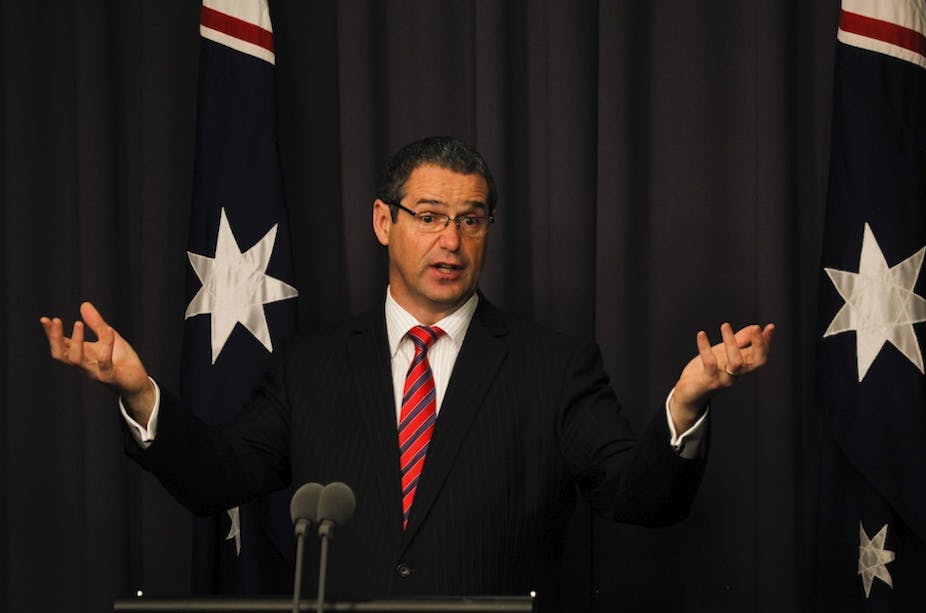The Australian Government’s handling of just who should run the Australia Network is manifestly controversial. And it may have put itself in the position of having to pay out compensation to the passed-over Sky News.
Just what is the Government’s contractual liability to Sky News, the tenderer apparently preferred by reviews undertaken within the tender process?
Firstly, this is what we know about events surrounding the failed tender process:
-
In February a request for tender was published under the carriage of the Department of Foreign Affairs (DFAT); the two tenderers were the ABC and Sky News
In or around April a public service review panel unanimously recommended the Sky News proposal – a matter leaked to the media some time after the recommendation was made
In June the Government amended the request for tender (inter alia to require fresh proposals by the tenderers to take account of the so-called “Arab Spring”) and moved carriage of the tender process from DFAT to the Communications Department (whose minister, Stephen Conroy, also has responsibility for the ABC) with a final decision to be made by Cabinet
In July, Minister for Resources and Energy, Martin Ferguson, complained that the ABC Managing Director Mark Scott, had sought to interfere with the tender process by lobbying him to determine the award on “political considerations”
In October it was reported – and again based on a leak – that another public service review panel unanimously recommended the revised Sky News proposal
In November the Government terminated the entire tender process on the basis of the October reporting – reporting that the Government claimed was based on an unlawful disclosure
In December the Government determined that the ABC should run the Australia Network as a “permanent feature” of the ABC’s services
If a court found that a contractual obligation was owed by the Government to deal with Sky News fairly in the tender process, much of the above suggests that the Government may have hurdles to overcome in defending itself against a claim that it breached that obligation.
A strikingly similar setting arose 20 years ago when the Civil Aviation Authority (CAA) conducted a tender process to determine who should establish a nation-wide air traffic control system. Then the CAA appointed Thomson Radar Australia to establish the system, notwithstanding the tender process featured an expert panel’s repeated preference for a competing proposal made by Hughes Aircraft Systems.
The Federal Court found that the CAA was liable to Hughes for breach of a “pre-award” contract which governed the CAA’s conduct of the competitive tender process. The court reasoned that it was necessarily implicit in all competitive tender processes involving the allocation of public funds that the public authority which requested tenders owed a fundamental obligation to “deal fairly with the tenderers”. This obligation had not been met by the CAA in its treatment of Hughes.
When it comes to the Australia Network, no doubt the realpolitik – which features prominently in both internal Government tensions and the relationship the Government has with the News Corporation media conglomerate, of which Sky News is a part – might explain much of what has transpired.
But that realpolitik is unlikely to supply the Government with an excuse for contractual breach.

